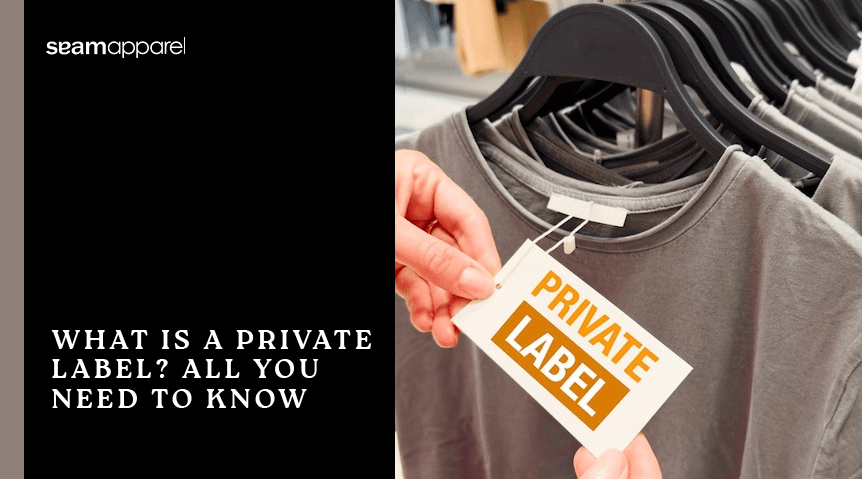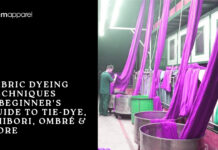Private labeling might be a wise choice for your business if you’re thinking about introducing new products to your current lineup or selling products under your own brand. By using private labeling, you can assign other businesses to handle the supply chain’s sourcing, manufacturing, importing, shipping, and other responsibilities. You can access the entire supply chain with private labeling without having to create your own networks. Nonetheless, it’s crucial to gain more knowledge about private labeling’s benefits and drawbacks before proceeding.
In this guide, you will learn about what private labeling is, what a private label manufacturer is, what private label products are, and how private labeling works.
What is Meant by Private Labeling?
What does private labeling mean? A private label is the name of a product or the product itself that is marketed under the name of a wholesaler or retailer with a particular agreement with the manufacturer or producer. In private label retailing, you select every aspect of the product—what goes in it, how it’s packed, and how the label appears—and pay to have it manufactured and shipped to your store. This is in contrast to purchasing things with other firms’ brand names on them.
Definition of Private Label
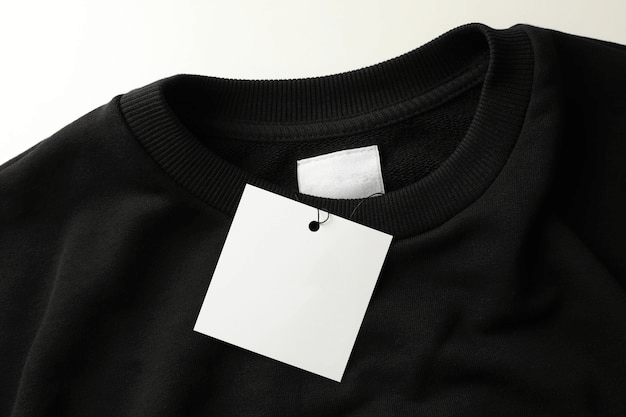

Private labeling is when the store gives private label brand items to sell. They are the company’s ‘own brand’ items in the eyes of consumers. For example, a collaboration software vendor may introduce a private label range of conference call gear. Another company would make such items. They would, however, be marketed under the brand name of the original company.
What does it mean to private label a product in business? The company’s logo should always be visible on labels because it provides buyers with a variety of information about the product.
What is a Private Label Example?
What is a private label brand? A company’s brand, often known as a private brand or private-label brand, is sold alongside and in direct competition with brands from other companies. In most cases, the company that owns a private-label brand is the only one to sell it, but in a few unusual cases, another business may be granted a license to sell the brand. Although services are not always included, the brand often comprises items.
Carrefour, for example, offers branded snacks from firms like General Mills and Frito-Lay, but it also sells its chips and crackers under the Archer Farms brand, which is Target’s private-label branding example.
An example of a private label brand is spa salons that frequently develop their own branded range of gels, conditioners, and styling items that consumers may purchase and take home. Restaurants frequently elect to private label customer-favorite sauces or mixtures. While pet businesses may privately label pet food and grooming products, maid services may privately label household cleansers.
What are Private-Label Products?
- Phone Accessories
- Smart backpack
- Cosmetics
- Clothes
- Workout equipment
- Shoes
- Furniture
- Small storage products
- Electronics
- Eyewear
- Toys
- Home décor
- Fishing equipment and accessories
- Camping equipment
- Gardening tools
What is the Purpose of a Private Label?


What is private-label manufacturing? You can pay a producer to make their goods under your brand through private-label manufacturing. It’s perfect for businesses that want to sell an existing product but lack the design and production capabilities to make their own. Product specifications, raw materials, and manufacturing procedures are under the manufacturer’s control.
A private-label clothing manufacturer can skip the time-consuming branding process by selling to private labels, which includes conception, testing, implementation, and distribution. These tasks can be time-consuming and costly when starting a t-shirt business plan.
To save time and money, selling to a private label might avoid most of the branding process. Century Label may meet the packaging demands of enterprises that prefer to produce their products under both their brand and a private label.
Improved Profit Margins
Building a consumer base, designing products, and launching marketing campaigns all require a strong sense of brand identity. You know how expensive and time-consuming branding can be if you run a business. The retailer’s private-label brand is used for private-label items.
For the items, you also have to set a MOQ. It is the end retailer’s responsibility to design the manufacture, packaging, and marketing, not yours as the producer of the commodity, hence avoiding additional expenditures. You merely pay the product cost, with no additional fees for brand recognition or costly marketing activities.
Cheaper Operating Costs
Private label products must sell themselves; they are often those that do not require extensive advertising campaigns to sell well. The products selected should typically sell for five to six times their production cost. This gives the producer leeway to offer the price cuts necessary for private-label items. As a result, the majority of the commodities picked are less expensive to produce in large quantities.
Manufacturers get the benefits of private-label manufacturing and distributing all items to a single client because most private-label products receive huge orders from major retailers. Both of these variables result in lower operational expenses.
Improved Brand Loyalty
Previously, customers perceived brand-name items to be superior to private brands. Store brand or private label items, on the other hand, have built a reputation for themselves in the field of high-quality private label goods. Private-label items have achieved higher levels of quality and consistency as a result of enhanced product development and production procedures. They have evolved into “premium” private-label items.
Greater brand loyalty has resulted from a better reputation for private label items, with consumers being loyal to one store since they understand that is the only location they can acquire the private label item.
Enhanced Econimic Consistency
Today’s consumers prefer private-label products because of their excellent quality, dependability, and affordability. Because of lower price points, private-label items maintain sustained sales even during economic downturns.
Manufacturers can profit from the market’s overall stability and inelasticity since retailers are less likely to freeze orders during difficult times. In reality, during economic downturns, most stores will raise their order volumes since private-label items become more desirable.
What are the Four Types of Private Labels?
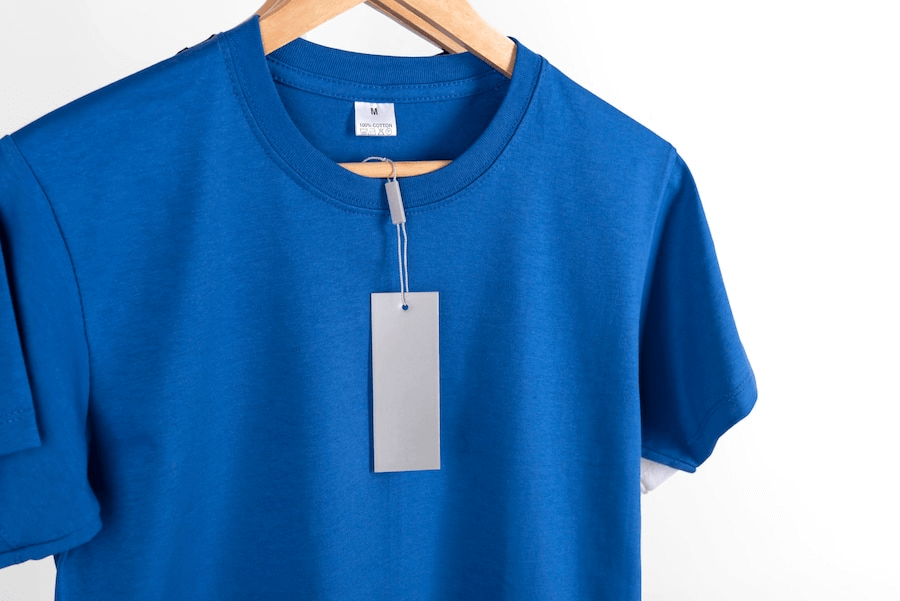

Private labels come in four varieties: value innovators, premium store brands, generics, and copycats.
Now let’s examine their various attributes:
Generic Private Brands
- The value proposition to the customer: Sold as the cheapest-priced product
- Goal: Provide customers with a low-priced option and expand the customer base.
- Pricing: A large discount of 20–50% below that of the brand leader
- Packaging: cheap and minimal
- Shelf Placement: Less visible shelves
Copycat Brands
- The value proposition to the customer is: sold with the same quality but at a lower cost.
- Goal: Increased negotiating power against manufacturers and an increased retailer share of category profits
- Pricing: moderate discount, 5-25% below the brand leader
- Packaging: As close to the brand leader as possible.
- Shelf Placement: Next is the brand leader.
Premium Store Brands
- The value proposition to the customer: Sold as the best products in the market
- Goal: Provide added-value products. Differentiate store. Increase category sales. Enhance margins
- Pricing: Close to or higher than the brand leader
- Packaging: Unique and differentiated
- Shelf Placement: Top-eye-catching position.
Value Innovators
- It is sold as the best value or price of generics but the objective quality is on par with that of the brand leader.
- Provide the best value. Build customer loyalty to the store. Generate word-of-mouth.
- A large discount of 20–50% below that of the brand leader
- Packaging: unique and cost-efficient
- Shelf Placement: All over the store
Benefits and Drawbacks of Private-Label Products
What are private labeling products’ advantages and cons? Private-label products have advantages and cons of their own, like with most things in life. Establishing your must-haves and essential needs is important, as is deciding which specifics you can live without to choose a private-label product.
Private label items have several benefits, such as total control over branding, the opportunity to differentiate your product offering, a shortened time-to-market, and the capacity to predict inventory requirements.
One clear disadvantage is that you might have less negotiating power with suppliers and that there might be more competition from other brands.
Whether you’re seeking to serve a small or large market, it’s crucial to do your research and consider all the options before determining whether or not a private-label product is ideal for you.
What is the Difference Between a Private Label and a Brand?


National brands, known as brands exclusively, are prevalent in our culture. They’re known and trustworthy, both as an experience for customers and as a cash stream for brand owners. People commonly identify national brands with commodities created by private, for-profit enterprises, but they also emerge in the public sector and charities, and they encompass both goods and services.
Achieving a national brand is a significant milestone in a company’s development, necessitating years of growth and accomplishment. National brands have a high monetary value. Even though many of the most well-known national brands started as small businesses, only a small number of the largest companies control a significant share of the brands that Americans recognize.
Coverage of the Market
National brands, as the name implies, emerge across the country, obtaining entire or near-total geographic market penetration. Customers may purchase items or services from that brand almost anywhere in the country. Behind the scenes, this necessitates a complex logistical complex involving many manufacturing facilities and delivery organizations.
This type of business facilitates the cost-effective connection of manufacturers, distributors, and retailers. National brands are the most identifiable sort of brand to large audiences, and they rely heavily on mass-media advertising to create and sustain public recognition. Well-known brands in fast food, technology, and swimwear lines sold on a national scale are examples.
Differentiation Between Local or Regional Brands
Except for their ownership by smaller businesses and catering exclusively to local or regional markets, local or regional brands are comparable to national brands. A range of dairy goods accessible only in the Pacific Northwest and a plum drink brand available only in the Southeast are two examples of such brands.
Some trademarks are even limited to a particular state, with state trademark registrations rather than federal registration in the United States. One thing unites national, local, and regional brands: the product manufacturers or, occasionally, the product wholesalers own them.
Differentiation From Generic Brands
Generic brands, also known as “private label” or “house label” brands, are exclusively available for purchase in specific retailers’ stores, such as department stores and grocery store chains, and have no distribution by national brands. Generic brands are similarly seen across the country.
Many national big-box retailers, for example, have a “house label” trademark for specific groceries or apparel. That brand is not available in any other store.
Creativity
National brands are more inventive than generic brands because generic products mostly imitate successful national brands. If you plan on starting a clothing line, creativity is a priority.
National brands, on the other hand, tend to be more cautious than local companies, as their market coverage and well-oiled logistical systems make frequent product changes difficult to enhance profitability proportional to the risk.
What is a White Label vs. a Private Label?
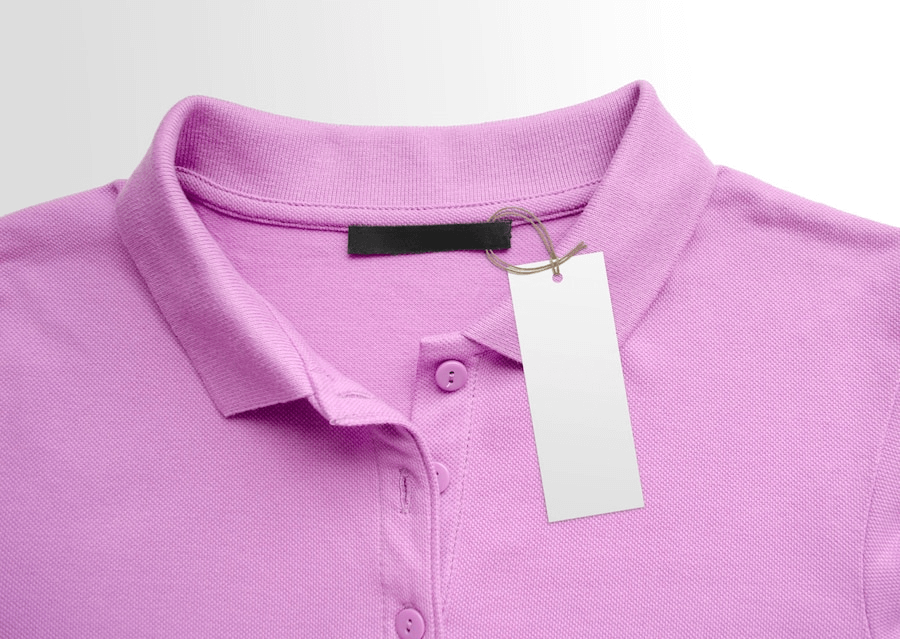

The words “private label” and “white label” should be recognizable to everyone who buys goods and services. Sellers and salespeople may use the phrases interchangeably at times. There is, however, a comparison between the two. Let’s have a look at the origins and applications of the terminology.
What is White Labeling?
White-labeling occurs when a merchant obtains a generic product or service from a manufacturer and offers it as their own. White labeling originally appeared in the music business.
Promo vinyl copies of music were supplied to DJs in white sleeves known as white labels. White labels are primarily utilized for software items. All shops that wish to rebrand receive the same generic white-label merchandise from the manufacturer.
Differences Between White Label and Private Label
Product Classification
Private labels are often used for physical objects, whereas white labels are typically used for software. So, when it comes to software, you’re mostly dealing with white labels.
Modification
Private labels allow for more personalized items. Manufacturers may create a single version for a certain store. As a result, sellers might become customers of special products. Manufacturers give the same product to everyone when it comes to white-label items. Customization is not available to merchants. It also implies that there are no additional fees for labeling.
Difficulty
White labeling is typically used for more sophisticated items. That is why software retailers choose this business model. Changing software is more difficult than changing physical objects. As a result, merchants prefer the white-label strategy for transferring merchandise from the manufacturer to the customer.
If you want to find out how to find a clothing manufacturer on a private label, how private labels work, or what a private label is, you should read this blog to get insightful information on what a private label means.
How Do I Start a Private Label Business?
This is how to launch a private label company of your own.
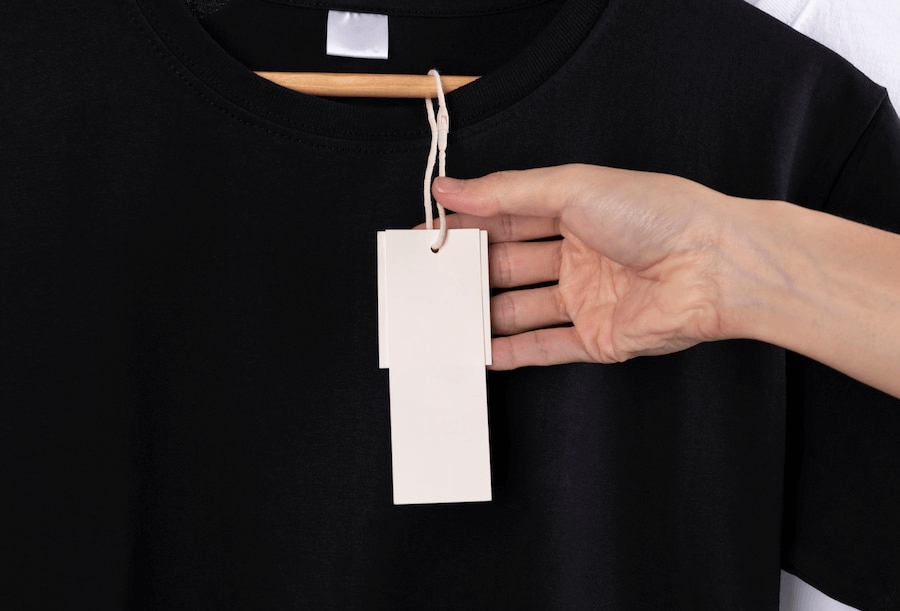

1. Do Some Niche Research
Which goods or services are good candidates for private labeling? Research is the key to this stage (and possibly the most important one when starting a personal label business) because you need to figure out which products are in demand and which are always out of stock.
Use a research tool that tracks customer searches on Amazon when you launch your label there. Applications like Jungle Scout and Helium 10 are popular ones for this. To begin your Amazon private label journey, they both provide several tools.
2. Discover the Price of Private Labeling
Before diving into private labels, it is imperative to understand startup costs. Compared to drop-shipping or reselling, private labeling is far more expensive. That being said, over time, this specific capital input usually yields a higher return.
Private labeling does come with a variety of costs, though. You’re spending more than just shipping and merchandise.
Production
You will cover standard production expenses like supplies, labor, manufacturing, and shipping.
Style and Tailoring
It’s useful to know exactly what the factory can and cannot do, whether your goal is to brand the product, alter the packaging, or even make changes to the item itself. Knowing the customization charge will also assist you in creating a budget.
Identifying
Funding is also required for the actual development of your product. Most likely, you’ll decide to design your package and logo in collaboration with a graphic designer. If you can’t design the logo yourself, you’ll need to factor it into your budget when it comes to branding.
Promotional
Marketing is a big part of private labeling. Customers are initially unaware of your brand, so to stand out, you must raise awareness. You’ll incur additional costs for advertising, sponsored posts, and boosted ads. Not to mention that the cost of a site builder and your domain name will probably be incurred.
Extra Expenses
A sizable buffer must also be included for any additional unforeseen costs or fees that arise when starting a new business.
3. Determine Which Products to Sell
A single product or product line is what most brands and businesses begin with. How you generate sales is the question. Without a doubt, the solution is what propels your company forward.
You can control your manufacturing, supply, and margins by starting your brand with products. In addition to providing your customers with a high-quality product, your brand will enhance the consumer experience.
One generic product will be your first choice when launching a private label business. This implies that one generic product is the starting point for your “brand.” In what ways can you leverage that item to strengthen and expand your brand?
High-ranking and high-margin units are the solution. To save money on storage and shipping, you also want to choose lightweight, compact items.
If things don’t work out with the first product you sell, you can always switch things around, or maybe you want to go in a different direction. Instead of trying to focus solely on one product, try using product exploration to gain insight into both your niche and the general industry.
It is in light of this that you should consider complementary products. You should consider a variety of comparable products that complement your brand when choosing which key products to sell. You could expand into the beverage or travel industries, for example, if you sell travel mugs. You can sell complementary eco-friendly home goods in addition to laundry detergent.
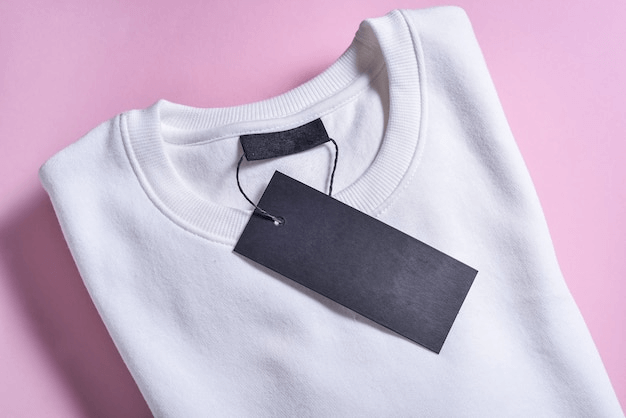

4. Determine Who Your Target Audience Is
Who is your intended clientele? Who will most likely purchase your particular product?
You can use this to decide what kinds of products to sell and how to market them. Customers are the most important thing to sell to; if you have a clear target market, you can focus on the products that will sell the most.
5. Examine Possible Rivals
What distinguishes you from the rivals in your field? Examine the competitors and determine their areas of emphasis. Where might they be deficient? What they don’t have could be the ideal opportunity for you to showcase your brand. You’ll stand out from the competition if, for example, your brand has a more laid-back, exciting tone than many of your rivals’ stuffy, businesslike ones.
There need not be a major change for something to be a powerful differentiator. Your unique selling point serves as the brand’s cornerstone.
Recall that cost may also serve as a differentiator. A premium or luxury product will have a different market and target consumer base than a cheap or discount product.
6. Locate and Contact a Trustworthy Manufacturer
Working with a reliable supplier is essential for individual labeling. To enable you to make money, the manufacturer should have expertise in private labeling.
Numerous foreign factories will produce generic goods for a range of clients and personalize them with unique labeling and packaging. For example, you work with a supplier that produces water bottles and T-shirts. Ten of their clients sell water bottles; each one has a unique logo printed on the bottles, and they frequently charge extra for packaging and customization.
7. Design the Look of Your Brand
Your market, differentiator, and products all contribute to your “brand.” However, it is also your aesthetic and content.
You want a specific logo for personal labeling that accurately represents your brand. Your logo conveys your brand identity and the location of the product. This logo needs to be used on all labels, packaging, and correspondence.
Make sure your chosen brand name is available for use as a company name and website name before deciding on it.
8. Begin Your Enterprise and Make Sales
Potential visibility is the biggest and most obvious form of marketing on Amazon. Since Amazon is the largest online retailer in the world (it will have over 150 million Prime members by 2020), you can market on its platform and benefit from the fact that people trust it.
However, there are several costs involved in selling on Amazon, so you’ll need to determine if they would significantly reduce your profit margin. Compare the expenses of seller fulfillment with those of Amazon FBA. Additionally, keep in mind that FNSKU labels must be placed on every device if you intend to use Amazon FBA for promotion.
Establishing your own web store to promote your private label goods could help you save a lot of money because you won’t have to pay for numerous fees associated with fulfillment, sales, storage, etc. To drive visitors to your website and generate revenue, however, you need to have a solid marketing strategy in place.
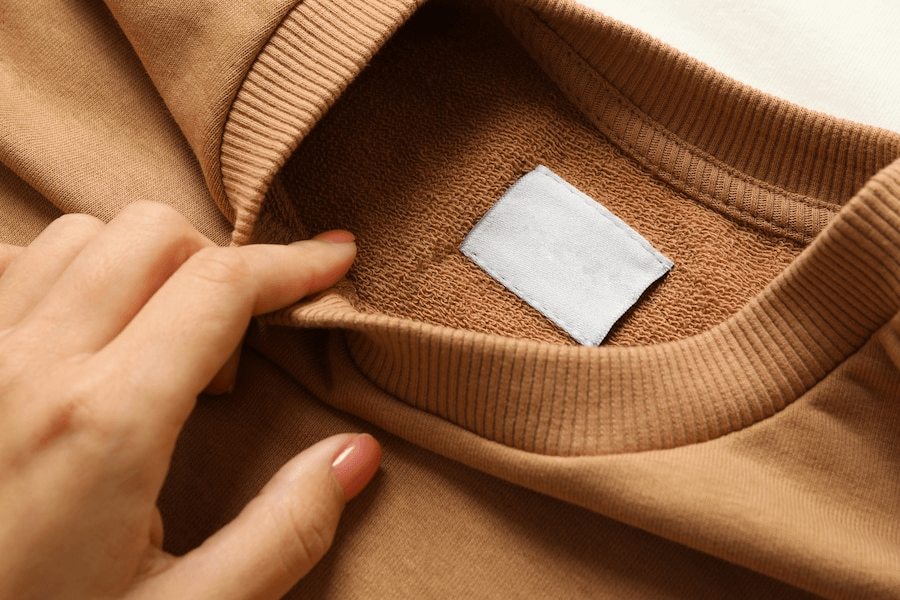

9. Establish Your Name Through Product Marketing
You’ve established your brand, created a differentiator, and found a supplier. The time has come for you to launch your company. To begin with, you ought to have the following:
- Copyright name and logo
- webpage
- An online social media presence
You should also start adding branding to your product listings. Make a social media presence first, or start with advertising campaigns.
10. Communicate with Your Clientele
A brand is ultimately much more than a logo; in the end, though, a brand is how a customer perceives your company. It is a dependable approach to audience communication.
You need to ascertain how customers will uniquely interact with your brand based on your brand differentiation. What kind of content will you have? What specifically can you offer that is unique to your brand’s area of expertise?
For example, you can create aesthetically pleasing social media images that are relevant to the lifestyle that your products are associated with. Alternatively, you can make sure you respond to every message or comment on social media. You may employ distinctive and particular packaging to keep your brand at the forefront of consumers’ minds.
As your one-time customers become long-term clients, create an experience for them.
Do I Need a Trademark For a Private Label?
Not only can you design your own packaging and product listing, but you can also come up with your own brand name. You might not have as much legal protection against others using your brand name or marketing comparable goods under the same name, though, if you don’t have a trademark.
Final Words
Private label products, as opposed to white labeling or wholesale, may be the solution if you’re trying to start your brand or differentiate your e-commerce firm.
With private labeling, you can give goods your special touch and sell them to clients at a competitive price. Private labeling has many benefits, one of which is the opportunity to differentiate one’s brand identity from that of rivals.
Selling private-label products is another fantastic way to increase your earnings and profit margins. Private-label products can be a terrific way to grow your e-commerce business with careful strategy and execution.

